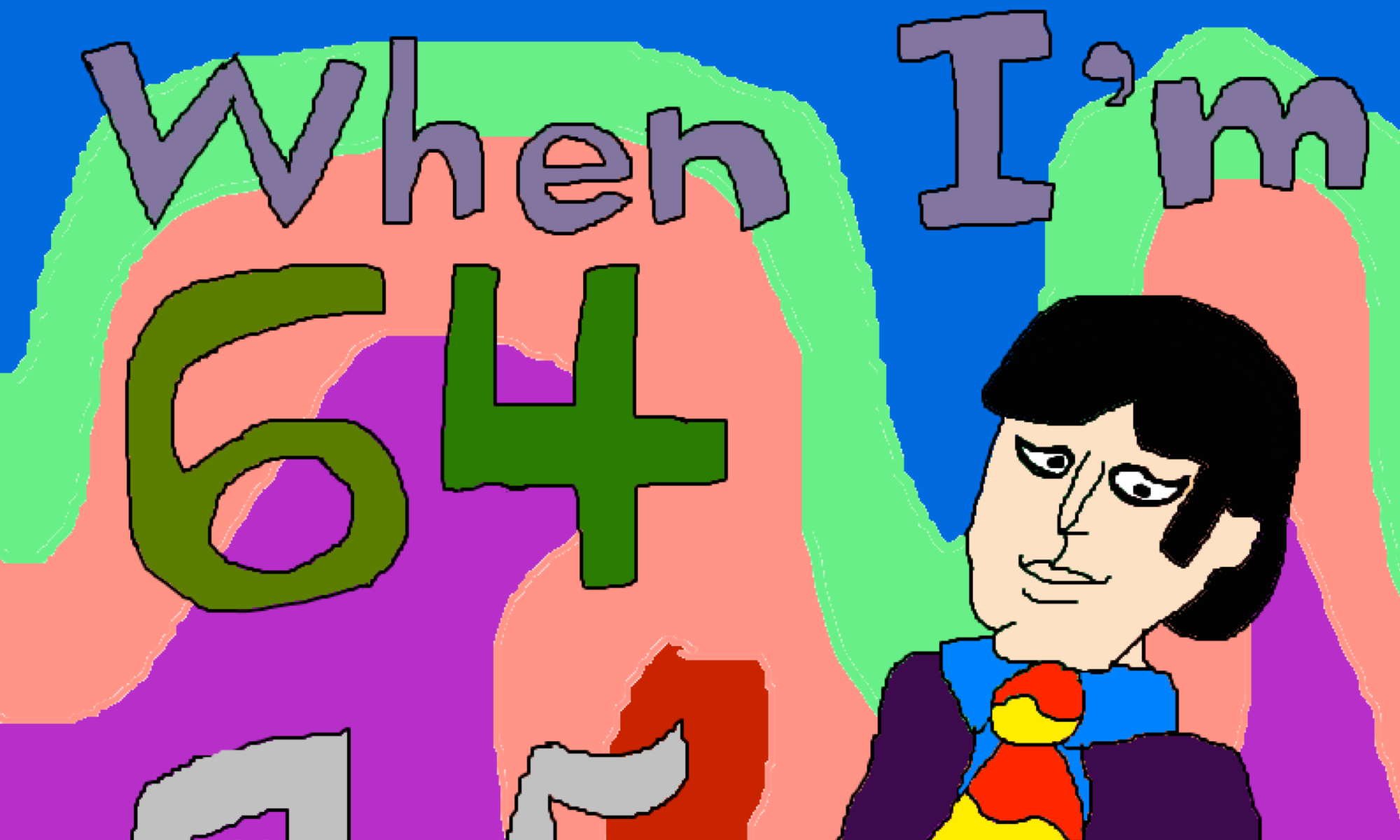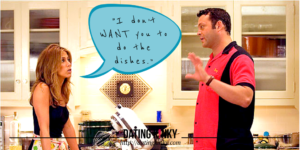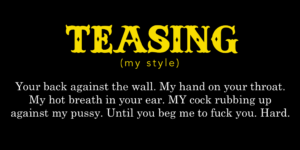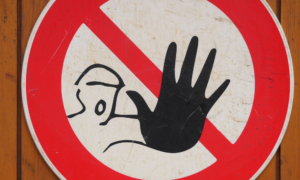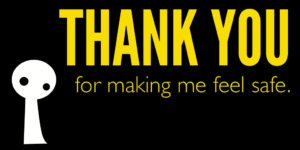LOL! I can barely think about it without laughing out loud, even when I’m alone.
“Hair.”
My friend and I used to say that to each other with a knowing look when a boy with the right coiffure appeared in our line of sight.
It was a very specific look. Not long. In fact, short in the back, but with longish bangs that fell over the forehead and (*gasp* be still my beating heart!) maybe even one eye.
It was jaunty.
Young.
Smooooooth.
And it’s what I desired in a boy.
My first real boyfriend ALMOST had hair. His was a bit longer in the back, and had the misfortune to be blonde (instead of dark, which has always been my preference), but he had.. well, I digress.
Now, it was not the ONLY thing I desired in a boy, but it was a marker of what I found attractive in my early teen years.
But something happened.
Over and over I found I didn’t LIKE the boys with “hair.”
Which flabbergasted me. I mean, how could I not like them? They had “hair,” and “eyes,” and all that I found attractive…
But they weren’t.
Attractive, that is.
In fact, they were mostly pretty dull.
Of course, I didn’t really realize this until I’d memorized stats of the Oakland A’s to talk on the phone with one of the boys with “hair” whose names I couldn’t remember now if I tried.
I’ve mentioned before, I’m a sometimes a slow learner. Add to that fact that I’m also persistent, and I’ll beat a dead horse until it’s dust, and only then, think, “Huh. What did I miss?”
A few months back, I ran across an article about how relationship attachment changes with age, and I added it to my calendar to write about.
And just yesterday, as I was in the car with Selene, Genius called (my nickname for a super-smart guy I know and flirt heavily with), and we discussed desire and how it changes over time for some, and how others never quite change at all, and how does all of this work…
I suggested that it’s like the stages of grief. We go through stages of desire.
First, we are charmed by those who stand out, when we are toddlers. We are ever-curious and experiencing the world.
Then, social anxiety hits, and we look for partners who reinforce what we need to feel most validated by in ourselves, or at least what we want other to think about us. Therefore, we look for smarts, if we want to be perceived as smart, good looks if we want to be perceived as attractive, counter culture if we want to be perceived as rebels, etc.
Our experiences over time, shape this further.
We don’t date people who won’t fly, because the last guy who wouldn’t fly ended up not being adventurous AT ALL, and was totally not suitable. Or that one girl with the crooked grin was mean, and we don’t like crooked grins anymore, because, well, associations.
The third step is looking for people who are compatible with us in ways that are priorities in our lives, and letting the rest slide. They don’t have to love romcoms, but they do have to be ethically non-monogamous. They don’t have to enjoy hiking, but they have to be good with us taking off with our friends for weekends in the wilderness. And so on.
I feel, though, that eventually these steps take us right back to where we were as children: charmed by those who stand out, who are different from us. And then, as far as partners go, compatibility filters are applied.
Oh! They are interesting.
And potential partner material.
Do they like to be bossed around? Enjoy travel? Like good food? Love dogs?
Check, check, check, check!
Let’s explore more!
Regardless of how you think this all happens, desires change. And they change even when we are with the same person… or they better. After all, no person is static in time.
We grow. We grow older. We change.
And if we’re going to stay in love or stay friends, or still have the hots for each other when we are 90 and 96, respectively, we’ll have to desire our nonagenarian bods and faces and minds, won’t we?
And I doubt either one of us at that point will have “hair.”


